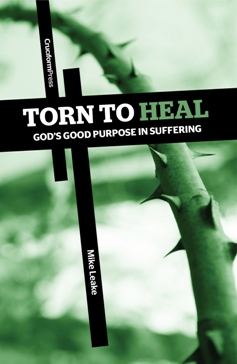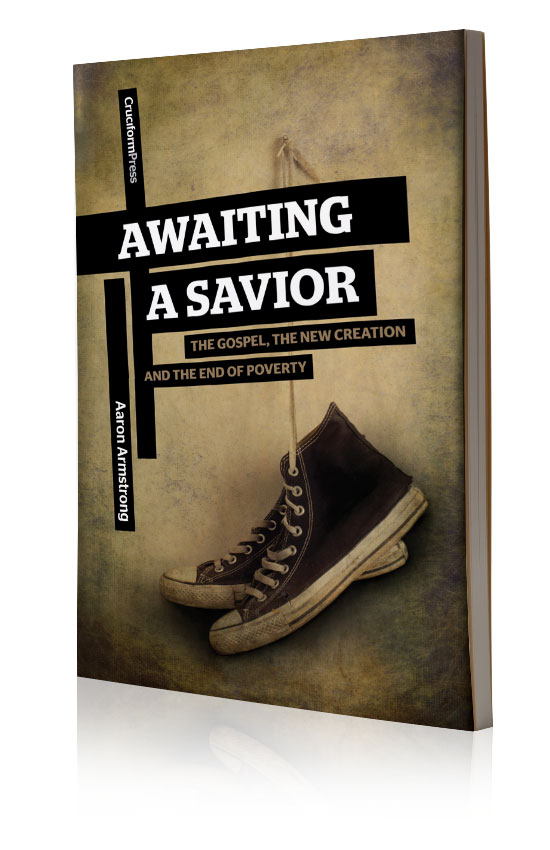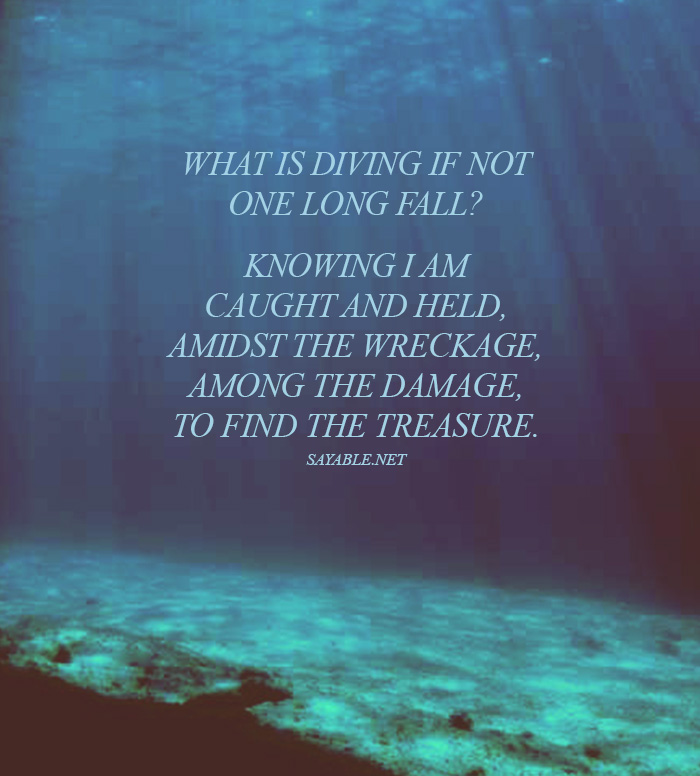The Forgotten Remnant of Repentance
We sat last night in our living room, under blankets, eating warm applesauce and baked sweet potatoes—fall's bounty. The candles are lit and we are talking sin. Not as some ethereal theological concept, but the sin that darkens the chambers of our hearts and the crevices of our minds. The idolatry that crumbles us and rebuilds itself over and over again. We are the sin eaters. Yesterday our church mourned the loss of a brother. He has not died, but he has turned his face from the ever drawing kindness of Grace's throne. We collectively ache, lay hands on his family, pray God would buckle his knees beneath the weight of what he was never meant to bear and that he would turn his gaze to the one who bore it for him.
The world tells us it is arrogant to call this or that "sin," to give a heinous name to following our hearts or heads or flesh. But Paul calls us arrogant if we do not.
. . .
Five words in chapter five of I Corinthians have been stuck to my gut all year: "Ought you not rather mourn?"
Can you see Paul's agony in the asking? Not the disappointing look of a domineering father, but a painful plea for his children that they would ache over their sin—and the sin of their brother?
We moderns are no good at mourning. We give people seven stages of grief and wonder, sometimes out loud, when they'll get over it. Death or taxes, it matters not. We want the cut to be quick, painless, without reflection. Life calls and mourning is in the way. Our ancestors wore black for an entire year, a social state of sorts: "In mourning." Earlier ones wore sackcloth and ashes, wailing for weeks and months on end. Physically emptying themselves of tears, questions, and aches.
Sin, though, when it comes sneaking in our hearts and midst, we ignore, we bargain, we bribe, sometimes we give in, sometimes we repent, confess, anything to get the horrid beast off our backs.
But mourn?
. . .
Christ is our savior, this we know and in this we rejoice. We look quickly to the cross in the repentance process, boldly approach the throne of grace, confidently break the bread and drink the wine—entering into the promises of God for his children. But have we forgotten to mourn?
A friend of mine has had a hard few months. She keeps apologizing for the length of time it is taking to walk through this season. I want to take her face in my hands, let her tears fall instead of wiping them away, I want to let her mourn. To feel the fullness of what it takes to let the Lord gut her of her and fill her with Him. He is in no rush and neither should we be. If we are sealed before the foundation of the world, what is six months or a year or three years of the valley that brings us to vision?
Ought we not rather mourn?
Edit: this is a video I saw today that resonates so much with this idea of mourning. From Brene Brown.







